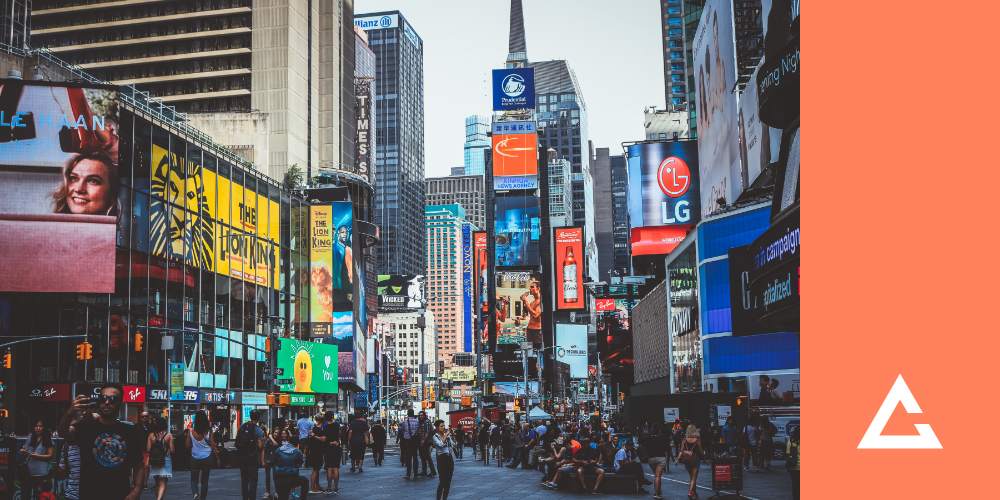New York's Recreational Business Licensing Faces Second Lawsuit In Recent Months

In a long-expected move, a trade association, including several of the state's medical cannabis operators, sued New York's recreational market license rules and the organizations in charge. The state's social equity parameters are in further flux as several would-be license applicants challenge the current priority parameters.
The plaintiff, the Coalition for Access to Regulated & Safe Cannabis, included several alleged pieces of evidence against the state's Office of Cannabis Management (OCM) and Cannabis Control Board (CBB), including:
Taking 20 months to propose market regulations that remain unfinalized
Violating state law regarding changing grower- and processor-related guidance
Over-promising on state-subsidized loans and real estate
Advising growers to produce hundreds of thousands of pounds of biomass without having the retail marketplace ready for sales
Not publishing an economic and social equity plan, as stipulated by the state's legalization bill, the Marihuana Regulation and Taxation Act (MRTA)
Harm to the medical market via a "thinly veiled attack" against registered organizations
Members of the Coalition for Access to Regulated & Safe Cannabis include four of the state's MSO medical operators, Acreage Holdings, PharmaCann, Green Thumb Industries and Curaleaf. Aspiring dispensary applicants in Brooklyn and California, and a medical cannabis practitioner in Westchester, New York, are also plaintiffs.
Many in the legal community had expected the lawsuit to come one day. Some legal commentators cited possible legal concerns around certain regulations. State residency parameters have been a frequent talking point. Despite the allegations and regulatory challenges, the OCM and CBB have claimed to steadfastly adhere to the law and what it allows.
The lawsuit marks the second case against the state and its Conditional Adult-use Retail Dispensary (CAURD) license application process. A crucial program component grants priority licensing to up to 300 equity license holders. Qualified applicants must have been incarcerated for a cannabis crime in New York or be the direct family member of someone who had been. Applicants must also demonstrate a history of small business success.
The first case brought against the state's program came in October 2022, just one month after the priority application window closed. The case is ongoing. As a result, five New York districts can only issue licenses once a resolution or verdict is reached. The districts affected are:
Brooklyn
Central New York
Mid-Hudson area
The Finger Lakes
Western New York
New York's equity licensing endeavors face an uncertain future. With two lawsuits filed, many legal experts predict favorable decisions for one or both sets of plaintiffs. Stay tuned for more on this as it unfolds.